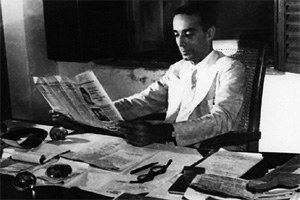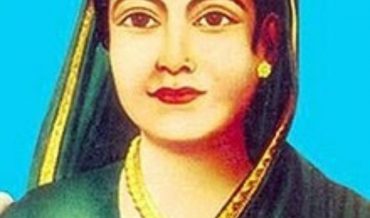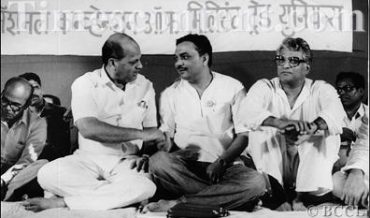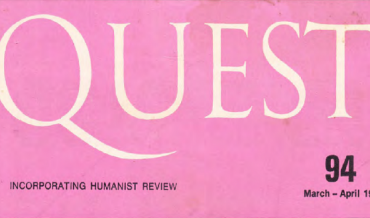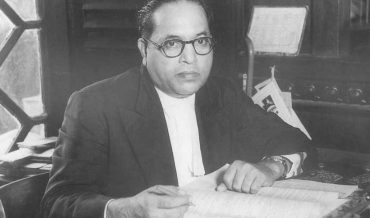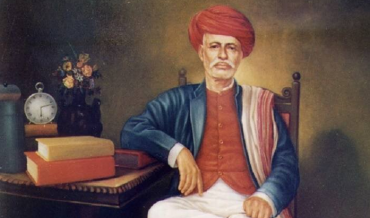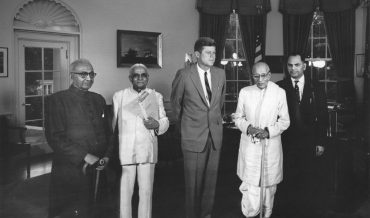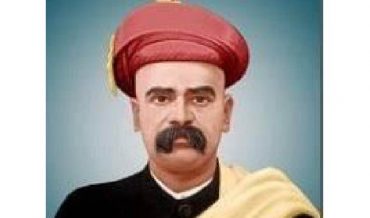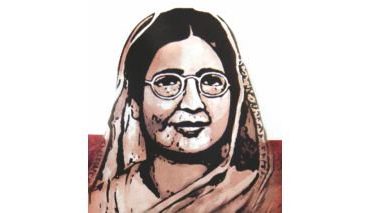All Contents
Contents
In Masani, Indian liberals should find a more appropriate icon to emulate.
admin
- May 27, 2021
Tarabai Shinde deserves to be known as one of the early feminists of India and a figure who espoused the cause of liberty through her commitment to equal rights for women.
admin
- May 26, 2021
If the economic reforms exposed the Indian capitalists to outside competition, they also reduced the vulnerability of the capitalist vis-à-vis the union leaders.
admin
- May 18, 2021
In what could be seen as the unfolding of high modernist ideology, Quest’s criticism took the form of rationalist railing against the religious objection to family planning.
admin
- April 27, 2021
Ranade’s ideas were so distinct because he managed to have a fine blend of Indian sensibility and Western Liberalism.
admin
- April 19, 2021
Ambedkar argued, that the leading liberal figure reposed his faith in Congress, effectively paving way for a single party hegemony.
admin
- April 13, 2021
In his struggle against the caste system, Jyotiba Phule’s innovation lay in overturning the ideological foundation of what he called Brahmanical order.
admin
- April 9, 2021
Rajaji’s intellectual activism for a world safe from the menace of nuclear weapons stemmed from the conservative concern for stable order and was guided by a belief in the efficacy of Gandhian civil resistance to power.
admin
- April 7, 2021
Agarkar’s commentaries may be carrying a tinge of the 'enlightened despotism' that was the characteristic of philosophical radicals, but his works are still very useful to understand his diligence to expose common people to liberal-individualistic ideas.
admin
- March 24, 2021
Her life was itself her message and although she never focussed on defining herself within an ideological spectrum, most of her life struggles were indeed integral aspects of the liberal tradition.
admin
- March 11, 2021
Supported by the Friedrich Naumann Foundation for Freedom.
© 2020 All Rights Reserved.

